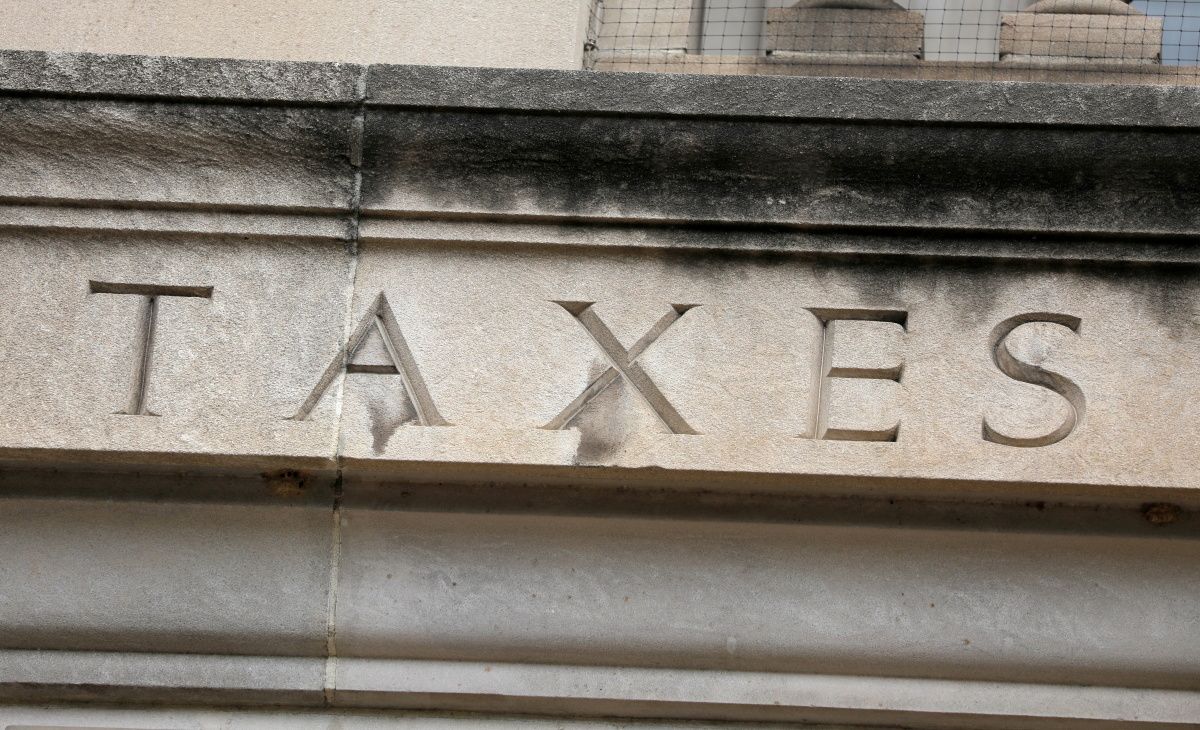The Internal Revenue Service (IRS) revealed on Thursday that it has collected more than $1 billion in back taxes from the wealthiest Americans, giving credit to the increased collection efforts resulting from the passing of the Inflation Reduction Act in Congress about two years ago.
This announcement showed the eagerness of the Biden administration to make public the results of the IRS funding, particularly in cracking down on millionaire tax cheats. The funding was being questioned by Republicans, calling it wasteful spending.
“President Biden’s Inflation Reduction Act is increasing tax fairness and ensuring that all wealthy taxpayers pay the taxes they owe, just like working families do,” Treasury Secretary Janet Yellen stated in a statement, as per The Associated Press.
Just last fall, the IRS initiated efforts to collect tax dues from the wealthy strata of society, particularly the millionaires who did not pay taxes that they owe the government. There were about 1,600 taxpayers whom the agency identified, as those earning more than $1 million and with a tax debt of more than $250,000.
The tax efforts resulted in the government recovering more than a billion collectively in tax dues, and the effort is still ongoing, CNN reported.
In a call to reporters, IRS Commissioner Danny Werfel said that before the Inflation Reduction Act was passed, the IRS did not have the funding to pursue millionaires, whom the agency also knew owed the government in taxes.
“The taxes were clearly owed by these people, but we didn’t have the people or the resources to follow up with them,” Werfel stated.
Eugene Steuerle, co-founder of the Urban-Brookings Tax Policy Center, expressed a degree of optimism on the IRS initiative, and enunciated on how it can potentially gain public support.
Steuerle noted that if the IRS “can show they’re having a positive impact and it’s not impacting average American taxpayers, there would be more public support for this activity and the agency.”
Collecting past-due taxes start by sending a letter to the home of the taxpayer. Thereafter, they are given the time to either dispute the tax due or to pay them. The remaining process would then depend on the situation of the taxpayer.







